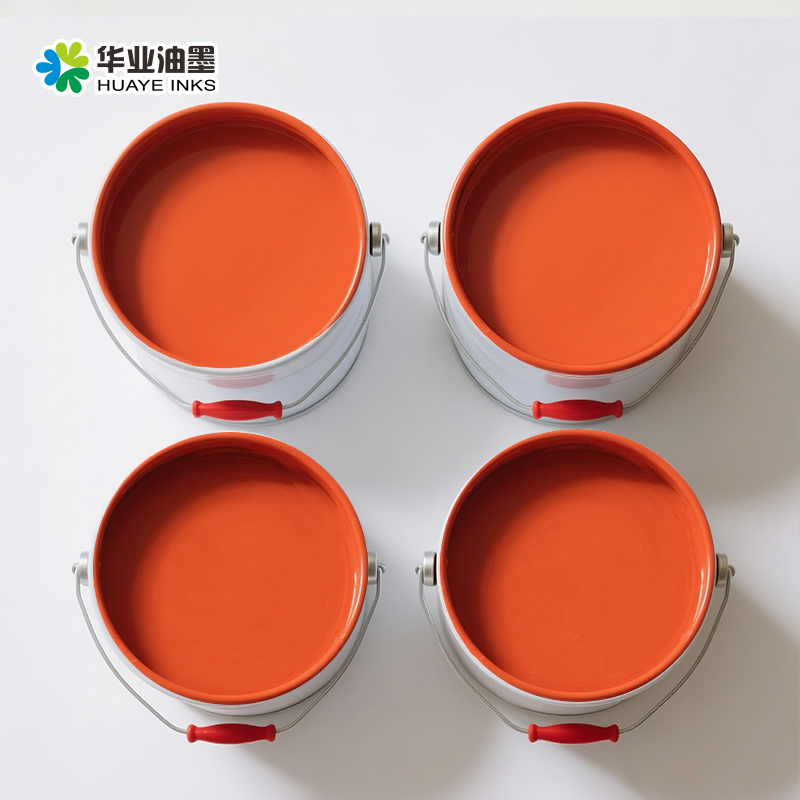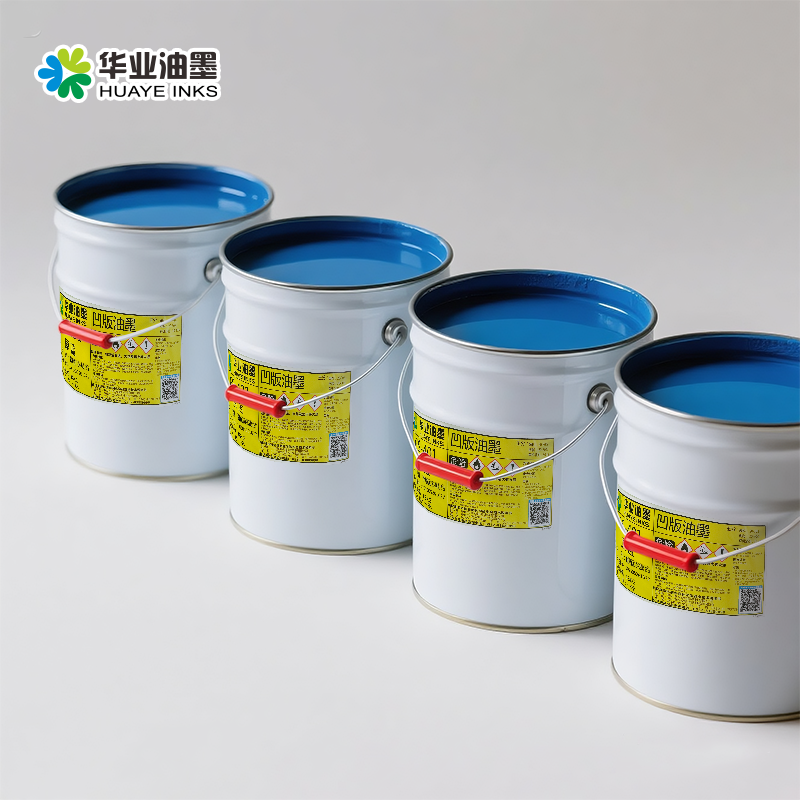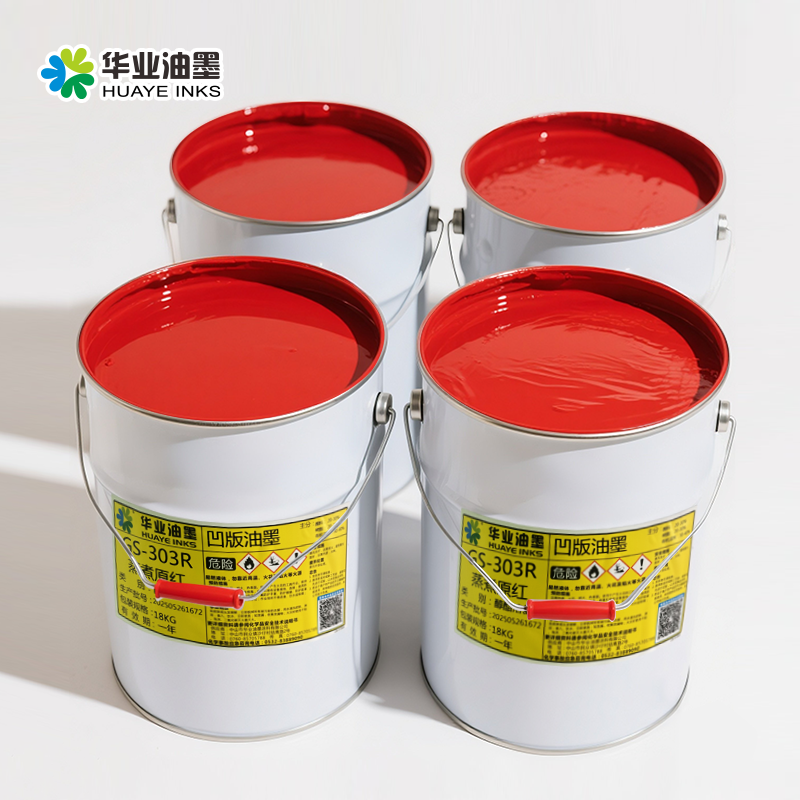산업용 잉크젯 프린터는 다양한 산업 응용 분야의 고용량, 고정밀 인쇄 요구사항을 충족하도록 설계된 강력하고 정교한 인쇄 장치입니다. 이러한 프린터는 첨단 기술과 견고한 부품으로 제작되어 까다로운 산업 환경에서도 신뢰성 있고 효율적인 작동이 가능합니다. 산업용 잉크젯 프린터의 주요 기능 중 하나는 고속 인쇄 기능입니다. 이들은 다중 프린트헤드와 고성능 잉크 공급 시스템을 갖추고 있어 매우 빠른 속도로 잉크를 분사할 수 있으며, 짧은 시간 내에 대량의 인쇄물을 생산할 수 있습니다. 예를 들어, 포장 산업에서 산업용 잉크젯 프린터는 시간당 수천 개의 상자나 라벨에 제품 정보, 바코드 및 그래픽을 신속하게 인쇄할 수 있어 대규모 제조 생산 요구사항을 충족시킬 수 있습니다. 정밀성 또한 산업용 잉크젯 프린터의 또 다른 핵심 요소입니다. 이들은 압전식 또는 열전사 잉크젯 노즐과 같은 첨단 노즐 기술을 활용하여 잉크 방울의 크기와 위치를 정확하게 제어합니다. 압전식 노즐은 전류가 흐르면 변형되는 압전 결정체를 사용해 노즐로부터 소량의 잉크를 밀어내는 방식으로 작동합니다. 이를 통해 잉크의 도포를 정밀하게 제어하여 세부 디테일, 작은 글씨 및 고해상도 그래픽을 인쇄할 수 있습니다. 반면 열전사 노즐은 잉크를 가열하여 거품을 생성시키고 이를 이용해 잉크 방울을 분출합니다. 두 가지 유형의 노즐 모두 고속 인쇄에서도 일관되고 정확한 인쇄가 가능하도록 설계되었습니다. 산업용 잉크젯 프린터는 처리 가능한 매체 측면에서 매우 높은 범용성을 자랑합니다. 종이, 골판지, 플라스틱 필름, 금속 호일, 섬유, 그리고 일부 특수 산업용 자재 등 넓은 범위의 재질에 인쇄가 가능합니다. 이러한 범용성 덕분에 포장, 라벨링, 섬유 인쇄, 전자제품 제조, 간판 제작 등 다양한 산업 분야에 적합합니다. 예를 들어 전자 산업에서는 산업용 잉크젯 프린터를 사용하여 회로 기판용 도전성 잉크를 찍어내거나 전자 부품에 보호 코팅을 적용할 수 있습니다. 또한 이들 프린터는 잉크 종류 선택 측면에서도 유연성이 뛰어납니다. 용매형, 수용성, UV 경화형, 안료형 잉크 등 특정 응용 분야의 요구 사항에 따라 다양한 종류의 잉크를 사용할 수 있습니다. 비흡수성 매체 인쇄에는 접착력이 우수한 용매형 잉크가 자주 사용되며, 수용성 잉크는 친환경적이며 종이 기반의 여러 응용 분야에 적합합니다. UV 경화형 잉크는 건조 속도가 빠르고 내구성이 뛰어나므로 빠른 작업 완료와 오래 지속되는 인쇄물이 필요한 응용 분야에 이상적입니다. 또한 산업용 잉크젯 프린터는 일반적으로 첨단 제어 시스템과 통합됩니다. 이러한 시스템을 통해 인쇄 속도, 잉크 농도, 색상 설정 등을 조정하는 등 인쇄 공정을 쉽게 맞춤화할 수 있습니다. 또한 모니터링 및 진단 기능을 제공하여 프린터가 원활하게 작동하도록 하고, 발생 가능한 문제를 신속하게 식별하고 해결함으로써 산업용 생산 라인의 다운타임을 최소화하고 생산성을 극대화할 수 있습니다.


